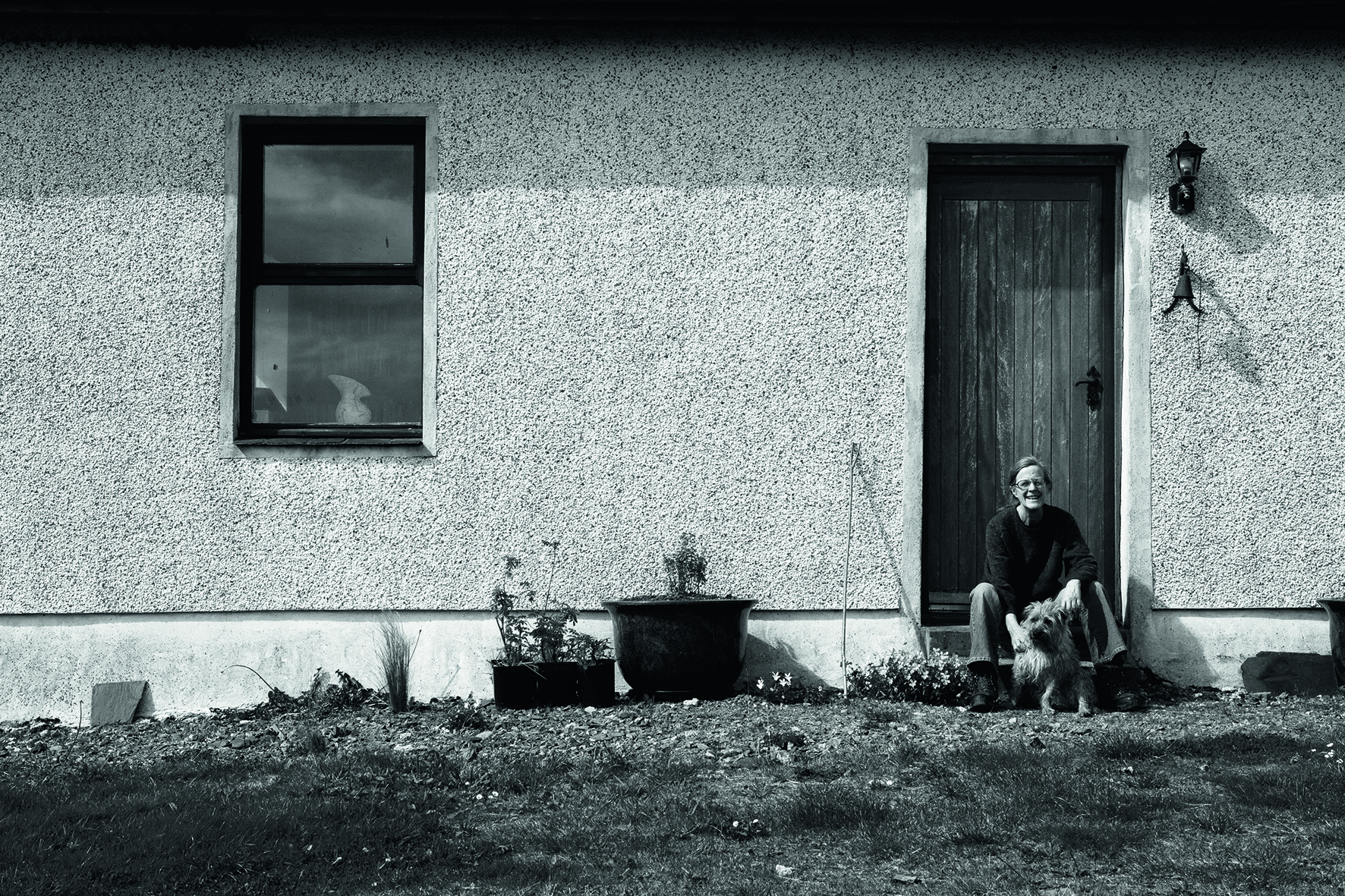A recent announcement from the Department for Education was the introduction of a brand new GCSE – in natural history. This, surely, has to be a good thing.
We know a great many young people have a real engagement with nature and its care and conservation, and, on the whole, knowledge deepens love, and love makes knowledge more vital and active. If we are to have any hope of controlling global warming and preserving wildlife, we need activism, commitment and knowledge.
I had the good fortune to be brought up by parents who were knowledgeable and enthusiastic about nature; identifying the birds on the bird table or the wildflowers in the fields was part of my childhood. Because there were six of us children and because my parents believed it was good for us, we all spent time working in the vegetable garden, planting trees and otherwise helping outside, as well as the more leisure-oriented activities: hill walks, fishing and visits to the beach.
So, to be blunt, I remain a bit appalled by the startling ignorance of some of my friends. Someone asked me recently if it were true that the pattern of the stars in the sky changed through the year; someone else asked if blackbirds and crows were different species. So you can imagine my delight and pride when my three-year-old granddaughter – here for the first time from the USA last month – pointed out correctly that the moon was “gibbous”!
Nurturing knowledge
I haven’t been in a primary school for years now, so I don’t know if the nature table still figures as centrally as it used to – but there is an understanding that learning about the natural world from a young age is good for children. To push on with that into secondary education can’t be seen as anything other than a positive move.
Also, I am assuming we will treat this new subject as ‘science’ rather than ‘arts’. The division between the two has long been a flaw in our secondary education system – and I like to hope that natural history can be given a chance of pulling the two areas of education closer together. (Even the title is promising.)
So far, I haven’t managed to find out much about the curriculum or scope of this new course. I would also have liked to learn what local teenagers feel about the development, but since I live in Scotland this hasn’t been possible. Although many people do not seem to be aware of this, Scotland has a different secondary education exam system, which does not use GCSEs. The qualifications are called Nationals, Highers and Advanced Highers – or ‘Higher Highers’ – and I do not know, although I intend to find out, whether Scotland is offering teenagers an equivalent course of natural history study.
What we teach our young people in formal education is the business of us all. Apart from anything else, we pay for it through our taxes, as well as living with the consequences. In this instance, I feel we should be celebrating a new development and, where appropriate, encouraging our younger acquaintances to consider taking this natural history course, and to encourage their schools to offer it. Our knowledge of nature deepens love, and love makes action more urgent and effective.

